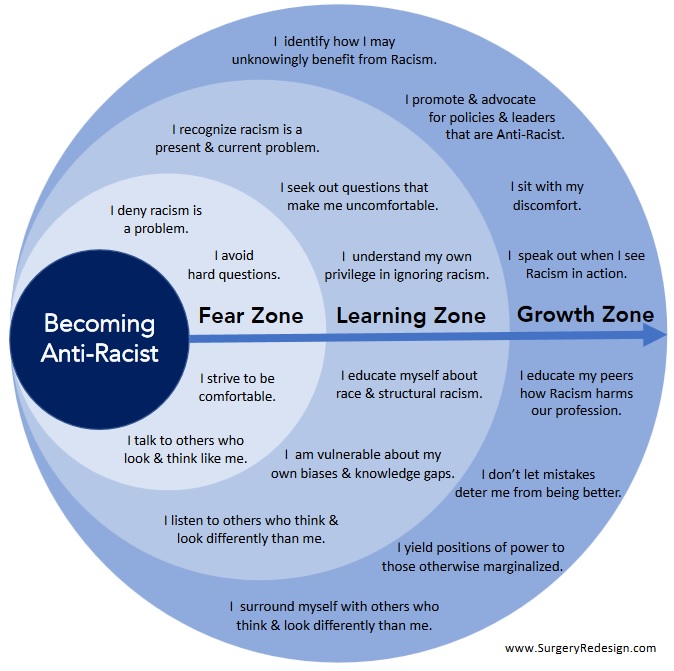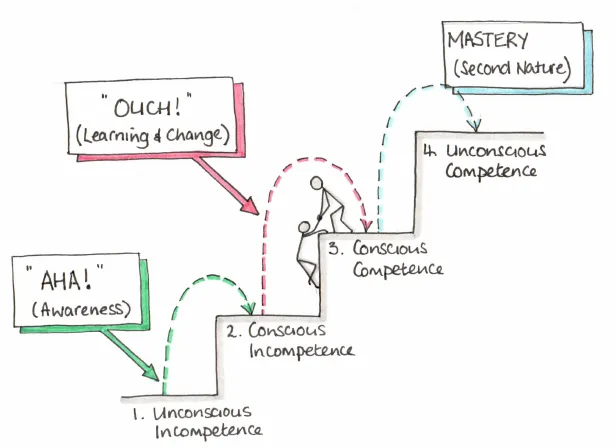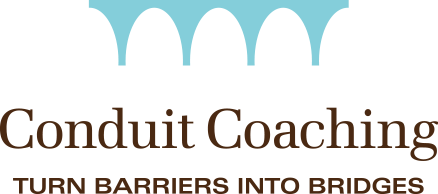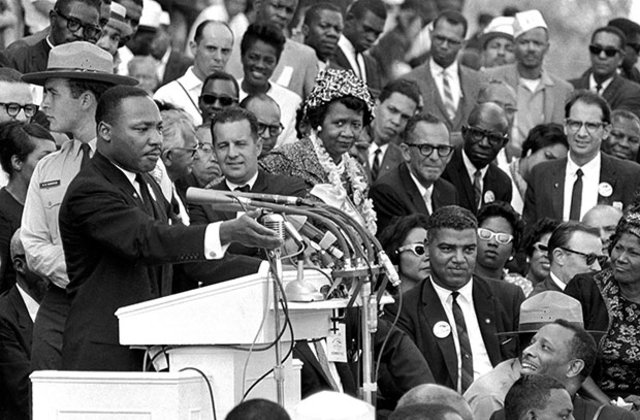A leader’s job is to effect positive change, especially in times of crisis. With a readership of 5,000 leaders across North America, I’ve felt compelled for weeks now to write something about the current crisis of racism.
Racism isn’t only a “Black issue.” We all have a responsibility to raise our voices against injustice.
As Martin Luther King, Jr. said,
“In the end, we will remember not the words of our enemies, but the silence of our friends.”
Except, as a white, middle-aged, middle-class, cis-gender heterosexual woman I felt uncertain and incompetent approaching the subject.
So I stalled.
What lurks behind procrastination. . .
Until I saw Brene Brown’s Ted talk on shame.
Her research says we can’t have a conversation about race without talking about privilege. And when we start talking about privilege, we get paralysed by shame. Oh.
So behind my delaying was me feeling ashamed: Why was I only now learning the truth about systemic racism? How could I have been part of the silent majority that enabled it? Why hadn’t I said or done something sooner?
 Brown’s findings fit the Becoming Anti-Racist graphic, developed by Andrew M. Ibrahim, MD, adopting ideas from Ibram X. Kendi, founding director of the Boston University Center for Antiracist Research.
Brown’s findings fit the Becoming Anti-Racist graphic, developed by Andrew M. Ibrahim, MD, adopting ideas from Ibram X. Kendi, founding director of the Boston University Center for Antiracist Research.
The graphic illustrates three phases to becoming anti-racist:
- Fear. We deny racism is a problem and/or avoid hard questions.
- Learning. We seek out questions that make us uncomfortable and then understand our own role in ignoring racism.
- Growth. We sit with our own discomfort, and then we are ready with the inner strength to speak out when we see racism in action.
I realized I was straddling the learning and fear zones — understanding my own privilege in ignoring racism AND striving to be comfortable.
Conversations with white friends and colleagues made it clear I wasn’t alone.
Human? Yes.
Helpful? Being my best self? Not so much.
A matrix that measures change.
Then I remembered the Conscious Competence matrix, a tool to support and gauge our progress as we change habits.
I often use this model with individual and team clients, and even wrote about it 10 years ago. The insights and learnings still apply.
 Here’s how it works:
Here’s how it works:
Stage 1: Unconscious Incompetence. We don’t know what we don’t know. We’re blissfully unaware of our incompetencies.
I didn’t know that by aiming to be colour-blind, I was being color-ignorant of others’ experience, thus perpetuating systemic racial injustice.
Stage 2: Conscious Incompetence. We know that we don’t know. Often, awareness comes as a rude awakening that causes us to think, “Uh-oh. I didn’t realize . . .”
The horror of George Floyd’s murder and recognising that yes, racism exists here in Canada too, stirred up a tangle of discomfort — horror, then shame, guilt, confusion, self-doubt, and fear of saying or doing the wrong thing.
Stage 3: Conscious Competence. We’re aware that we’re acquiring new skills, and we concentrate on developing them.
This is the “growth zone” in the Becoming Anti-Racist graphic. It’s about creating a world and workplaces that bring out the best in ourselves and those around us.
Stage 4: Unconscious Competence. Our new skills become habits we don’t even have to think about.
The painful and necessary path.
Blind-spot sightings that take us from stages 1 to 2 hurt. We discover ugly truths about ourselves that don’t sync with our self-image.
But then we get to choose what to do with that new information.
Yes. Denial or avoidance is normal, but neither is a productive or sustainable strategy.
Next steps for white people.
I’m no expert on this so here’s researchers’ ideas on how we can fulfill our responsibility to raise our voice against injustice.
#1. Accept your humanity with kindness. We all have blind spots. And uncovering them can steer us to who we really want to be. Dr. Kristin Neff, a leading researcher in self-compassion, recently shared her personal awakening to racial injustice:
“We need to have self-compassion to see our role in racism clearly, holding this uncomfortable truth with love and acceptance, so we can wake up and commit to do things differently.”
#2. Define your target. What’s your vision for Conscious Competence re: racial awareness?
How do you want to be?
Honest and vulnerable about your own biases and knowledge gaps? Willing to listen to others who think and look differently than you? Willing to have difficult conversations and seek out questions that make you uncomfortable?
#3. Figure out what helps you learn. Think about how you’ve mastered new skills or incorporated new perspectives in the past.
You possess a huge repertoire of successful learning strategies. Use them.
#4. Practice, practice, practice. Focus on bite-sized goals.
- Deepen your understanding of racism.
- Learn from others having those uncomfortable conversations with a Black Man.
- Have one of those vulnerable conversations.
And know that stumbles are a normal part of any learning process.
Yes, you may say or do the wrong thing. Ok. So then you learn, acknowledge, apologise, and accept responsibility. That’s inspiring leadership
Because yes, Black Lives Matter.






